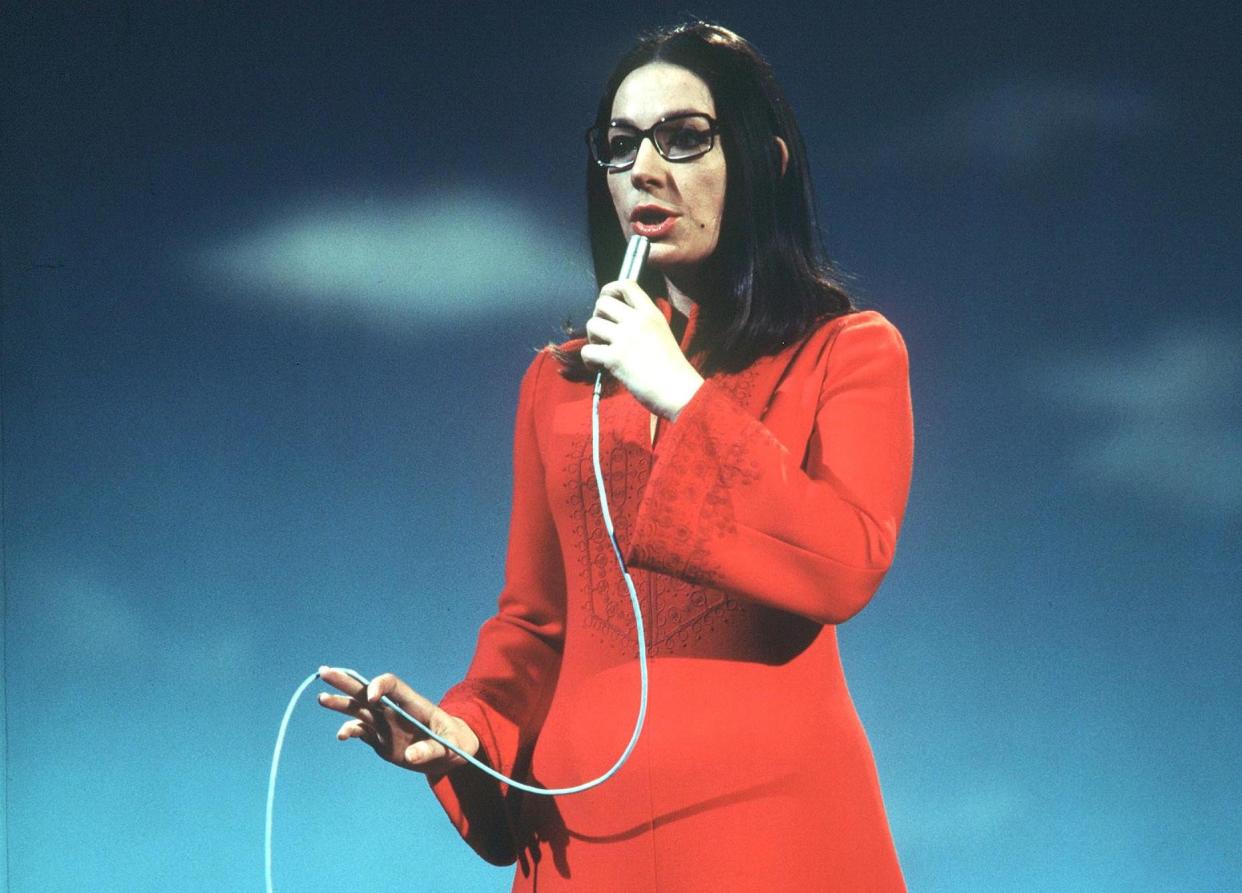Wall-to-wall bouzouki? Greece plans quota of local music to be played in hotel lobbies and other public spaces

Greek music in hotel lobbies, Greek tunes in lifts, Greek melodies in casinos, shopping malls, airport lounges and ports.
If the Athens culture ministry has its way, tourists from around the world should prepare for a holiday soundtrack that is decidedly Hellenic in tone.
With the country once again gearing up for record numbers of visitors, the centre-right government has ruled it is time to take action. Under draft legislation already put to public consultation, more than 45% of all music heard on local radio or in public spaces will in future have to be Greek, says culture minister Lina Mendoni.
“In a globalised environment, English-language music has almost been imposed [on us],” she said in defence of the bill. “The spread of Greek-language music is limited. Statistics show that Greek music amounts to 30% of what is heard; 70% is foreign music. We … have a duty, under the constitution, to protect art.”
In exchange for featuring more Greek tunes, radio stations, she stressed, would be given more time to air commercials. “They won’t lose anything. We’re giving incentives,” Mendoni added.
Drawn up in the spirit of not only promoting and protecting indigenous music but also ensuring “the diffusion of the Greek language”, the law will be even more draconian in the case of state-funded films and audiovisual content. In both the music quota rises to 70%.
The development is music to the ears of Greek singers, lyricists and composers.
Few were hit as badly by Covid lockdowns as those in the country’s cultural sector. With performers struggling on “poverty wages” and little state support, the draft law has been welcomed “as a ray of light and hope after the difficult and gloomy years of the pandemic”.
But for many the bill is seen as far-fetched and ultimately unenforceable.
Hoteliers are outraged at the prospect of having to give airtime to the likes of Zorba the Greek – a soundtrack almost as famous as Anthony Quinn’s role as the film’s titular hero –in the lifts and lobbies of resorts.
Denouncing the move, the Panhellenic Federation of Hoteliers warned that “enterprises would prefer to remove music from common areas altogether” than apply the diktat. Private radio stations have called for the bill’s withdrawal, saying it makes no sense to enforce more commercials on listeners, while the leftist opposition decried the measure as something out of the playbook of the rightwing colonels’ regime, which banned the Beatles and the miniskirt within days of seizing power in 1967.
Related: Were the Beatles used as propaganda by Greece’s military rulers?
The Greek film industry – currently in the spotlight with the Athenian director Yorgos Lanthimos’s Poor Things winning four Oscars – said the law was a curb on freedom of expression and amounted to censorship.
“It’s been drafted with great sloppiness by a government that sees everything through the prism of business,” said Kyriaki Malama, a film and theatre director before being elected for the main opposition Syriza party, for which she is shadow culture minister.
“That film-makers should be forced to include Greek-language songs in movies or risk forfeiting government grants – for that is what this law implies – is absurd. Like so much that this government does, it takes us back to dark epochs [in our history].”
Even worse, she insisted, was the sheer number of those excluded from a bill meant to help the industry: composers whose pieces were purely orchestral, younger songwriters whose lyrics were often in English, and performers who concentrate on jazz, rock and alternative music. After all, the best-selling Nana Mouskouri became an international star after singing in French, English and German.
But Mendoni has her supporters. The need for help is urgent and it’s now or never, they say, at a time when music rights are big business, digital music streaming services are becoming ever more prolific and even a small music market such as Greece’s – estimated to be worth about €24m a year – is predicted to see profits double.
“This is the first time we are trying to do something to empower Greek-language songs,” said the culture minister, adding that, unlike the nation’s film and theatre industry, the Greek music scene had been overlooked by the state.
For Louka Katseli, a socialist former economy minister who is now director general of Edem, the collective management organisation that protects intellectual property rights on musical works, the backlash is a storm in a teacup.
Greece is only doing what other countries did decades ago, she says.
“The bottom line is that unless you protect Grecophone repertoire and national music creators, they’ll become endangered,” she told the Observer. “They won’t exist in 10 years because of globalisation and the fact that international platforms increasingly promote English-language repertoires. Yes, there may be different ways of going about it, but the law is definitely going in the right direction. France did what we are doing years ago and was much tougher.”
Edem, she said, had pushed hard for young, innovative Greek musicians to be given more exposure at a time when radios tend to play the same songs most of the time.
“There needs to be an increase in the mix of music on the Greek radio,” Katseli said. “We need to create incentives for younger composers who are not known to the public so they can continue being creative.”
To placate critics, Mendoni has vowed that opposing voices will be taken into account before the law is put to the vote in the coming weeks. “We will listen to the comments and public debate [before] we shape the final plan,” she said. “We have excellent contemporary creators [in Greece] who produce really great music.”


